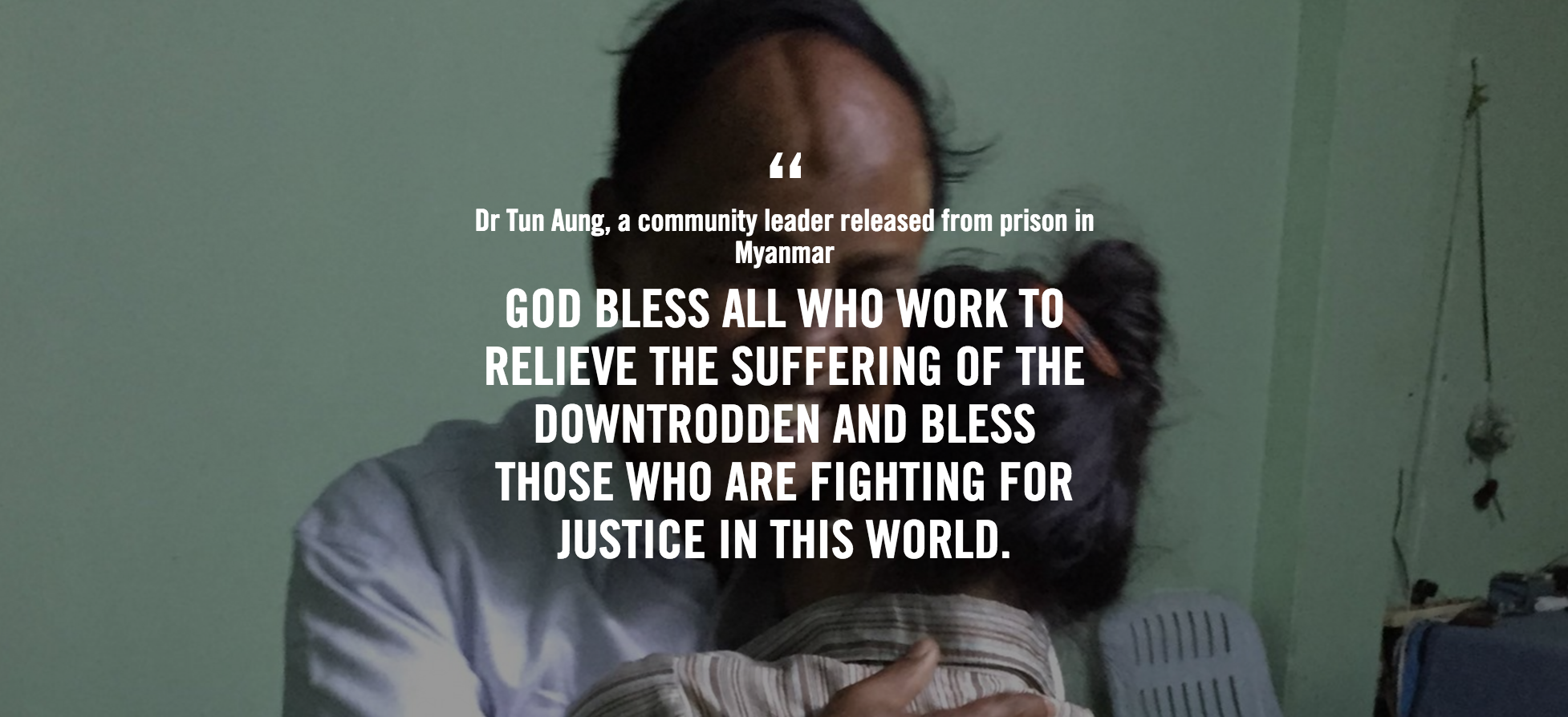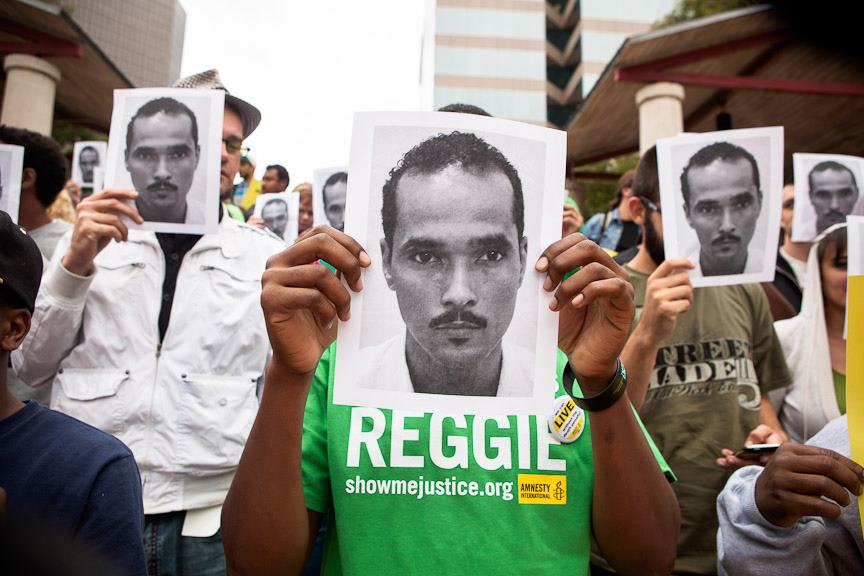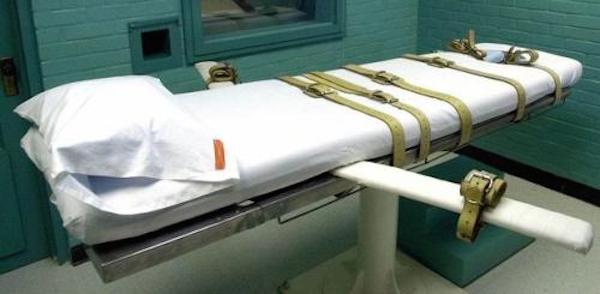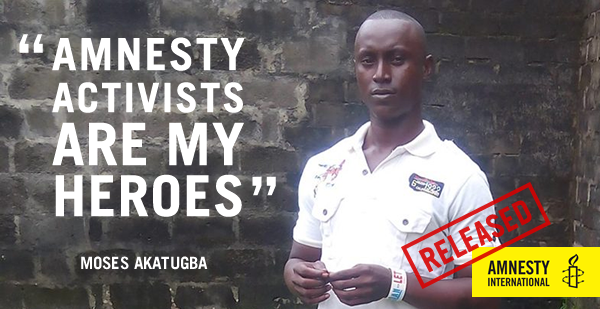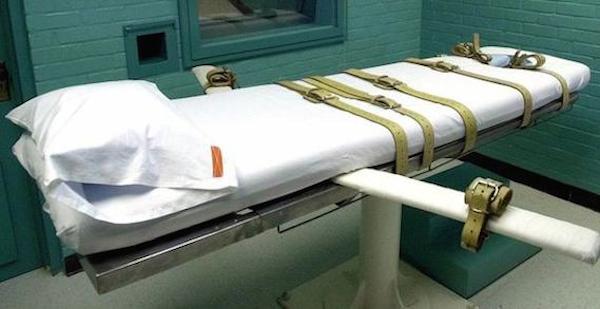In 2015, millions of Amnesty supporters like you pushed decision-makers to make change happen worldwide.
You helped to release journalists and activists. Change discriminatory laws. Compensate victims of corporate crime. Pardon survivors of torture. And so much more. As governments continued to crack down on dissent and free speech, your pressure was critical to protect people’s human rights.
The list below is just a snapshot of some of the many success stories and bits of good news that you made happen in 2015. Thank you for all your support – together, we are standing up for people risking everything to speak out. SEE THE REST OF THIS POST
